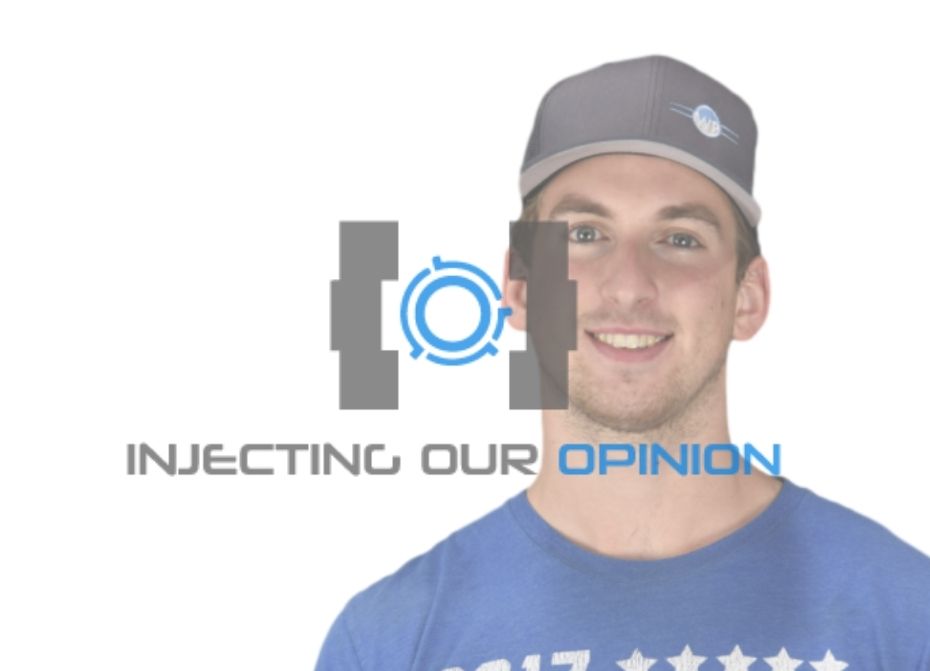Recently, for the first time in my life, I started to read in my free time and have found it a great way to expand my knowledge on my own accord. I should clarify by saying “read in my free time” really means “read in general”. As sad as it is to say, I probably haven’t read a book cover to cover in 10 years, and being 20 that would put me in middle school making one of the Diary of a Wimpy Kid books my last full read. This wouldn’t come as a surprise to anyone who knew me while in school, as I was always the student looking up chapter summaries before class because I didn’t have the care to read for homework. That being said, I have turned over a new leaf and I have found that it has been one of the best choices I made for myself, personally as well as professionally. During the last few months since I started at Wepco, reading has helped me to learn a great deal about myself, and I’d argue that it is beginning to make me a better employee, person, and leader.
One of my favorite books I’ve read in the past few months would have to be Start With Why by Simon Sinek. This book was recommended to me by a few colleagues and friends and was actually the first book I read since deciding to start my reading journey. Having finished the book now, I don’t think there could have been a more appropriate book in which to have read first.

One of the most profound lessons that Sinek provides from his book is that great companies start from within. This basically means that you must take care of your employees before you take care of your customers, consequently allowing you to take better care of your customers. There’s no point in going out and looking for the best clients or more fruitful investors when a company’s own employees aren’t happy or fulfilled. Sure, generating immediate revenue will help short-term, but unhappy employees will hinder a company in the long run, and business is about sustainability and growth versus short-term success. This conclusive statement is not to say it’s easy; it can be extremely difficult to find ways to keep employees engaged and happy with their work at a constant rate. Encouraging employees to find their “why” is the simplest and cheapest effort an employer can make and gets team members thinking about why they value their work, and if not, how they can. It also works as a great safety. If you can’t explain why you’re doing something, should you even be doing it at all? The biggest mistake most companies make is placing focus and emphasis on the WHAT instead of the WHY, which then leads to employee dissatisfaction, as said best by Sinek:
“Very few people or companies can clearly articulate WHY they do WHAT they do. By WHY I mean your purpose, cause or belief – WHY does your company exist? WHY do you get out of bed every morning? And WHY should anyone care?”
Sinek raises a great point that I myself hadn’t taken much time to previously think about. “Why do you get out of bed every morning?” It’s a hard question to ask and even harder to answer. I’d raise a challenge to anyone who’d be willing, set a timer for 5 minutes and take that time to sit by yourself and truly think why you get up in the morning. Why you work where you work. Why you live where you live. Why you do the things you do on a daily basis. When you do it, make sure to put all distractions aside, turn the timer upside down, put your phone in another room or on silent, and simply sit with yourself and reflect. This can be hard for some people and that’s okay, add some extra time in there if needed. We all have the answers to these questions, sometimes they’re just harder to find. This 5 minute exercise might not seem relevant to work or our industry, but it sure is. Employee fulfillment is the one thing that has the potential to provide a lasting effect on motivation. Does making plastic parts every day give me fulfilment? Not specifically or necessarily. I don’t think that by itself would offer most people fulfillment. I get fulfilment from working for a company that helps their community, that puts their employees first, and that cares about their product because they understand why making these plastic parts is important.
Before this book and the 5 minute exercise, I don’t think I could’ve answered that. At least not honestly. Understanding your WHY and the company’s WHY is the single most important thing you can do to help promote a successful company, a fulfilled employee, and a happy customer. I don’t go to work at an injection molding company because I have a passion for the plastic industry. Some may, but that’s not my WHY. I go to work to make rich relationships. I go to work to create. I go to work to learn and grow and to help others do the same.


